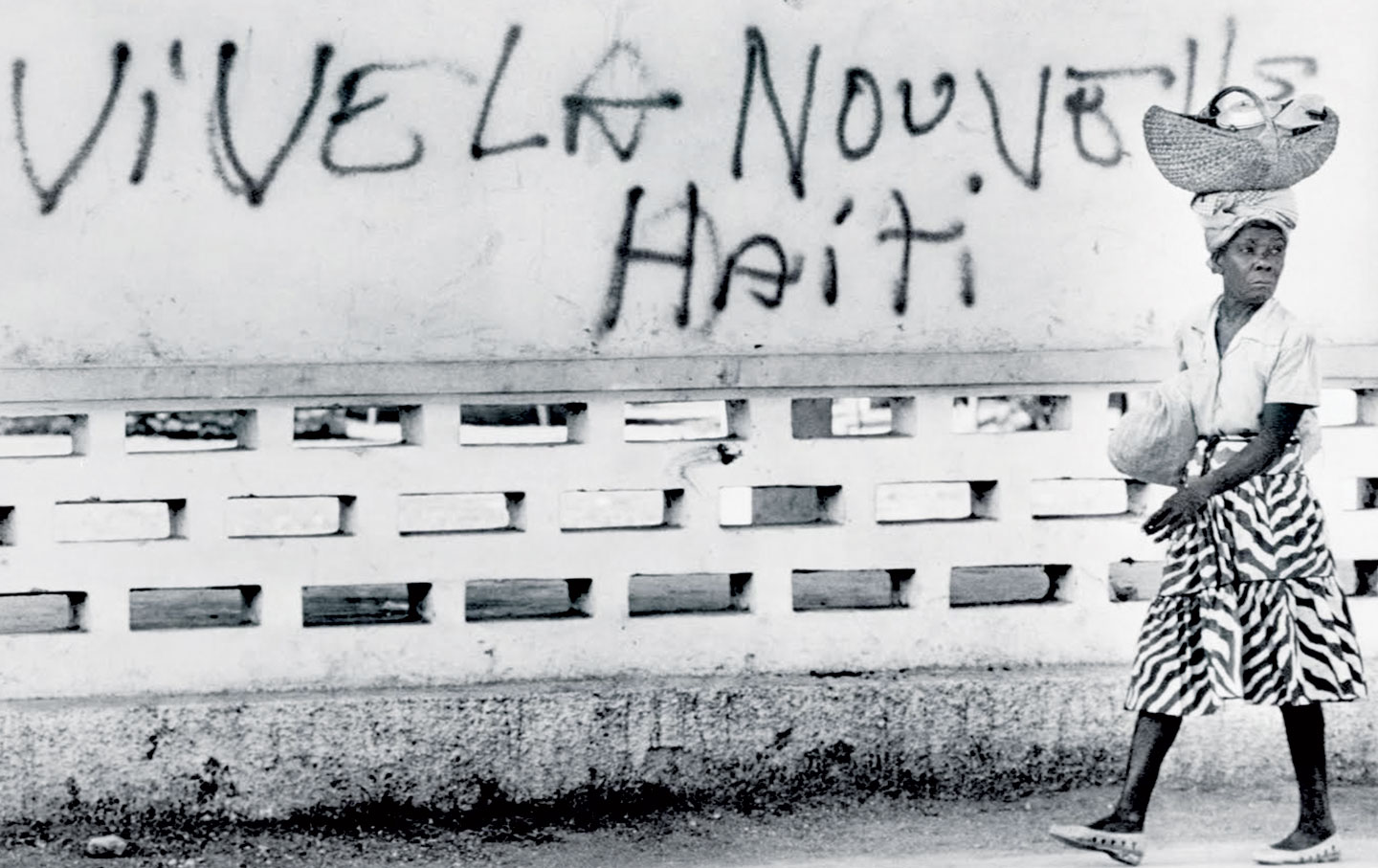
The Future of a Failed State The Future of a Failed State
Nations like Haiti don’t “fail” because of their people, but because they’ve been relentlessly exploited by the more “developed” world.
Mar 23, 2015 / Books & the Arts / Amy Wilentz
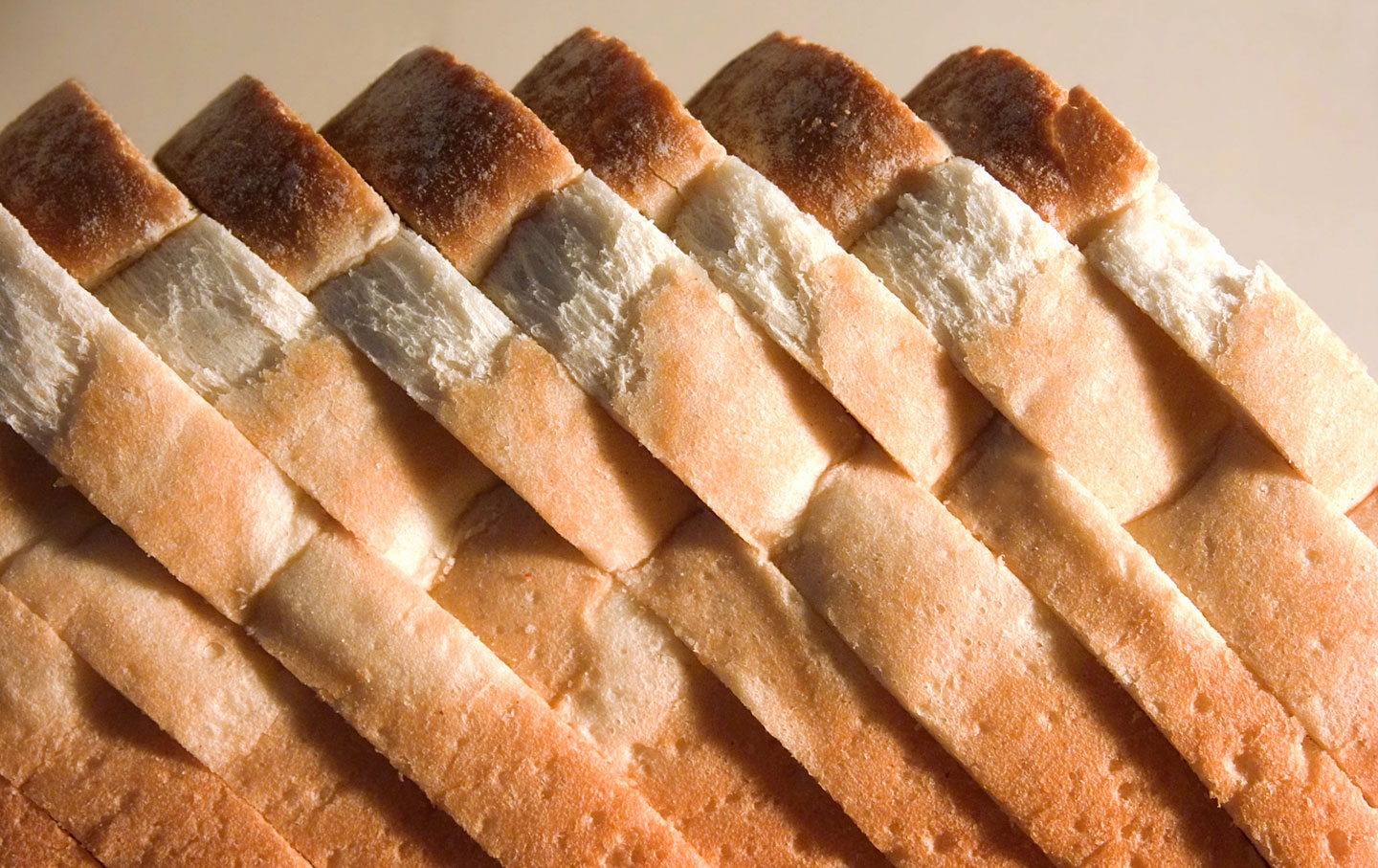
Can Women and Men Live Together Again? Can Women and Men Live Together Again?
I hope we might meet as rebels together—not against one another, but against a social order that condemns so many of us to meaningless or degrading work in return for a glimp...
Mar 23, 2015 / Books & the Arts / Barbara Ehrenreich

Cuba Libre Cuba Libre
Covering the island has been a central concern for The Nation since the beginning—producing scoops, aiding diplomacy, and pushing for a change in policy.
Mar 23, 2015 / Books & the Arts / Peter Kornbluh
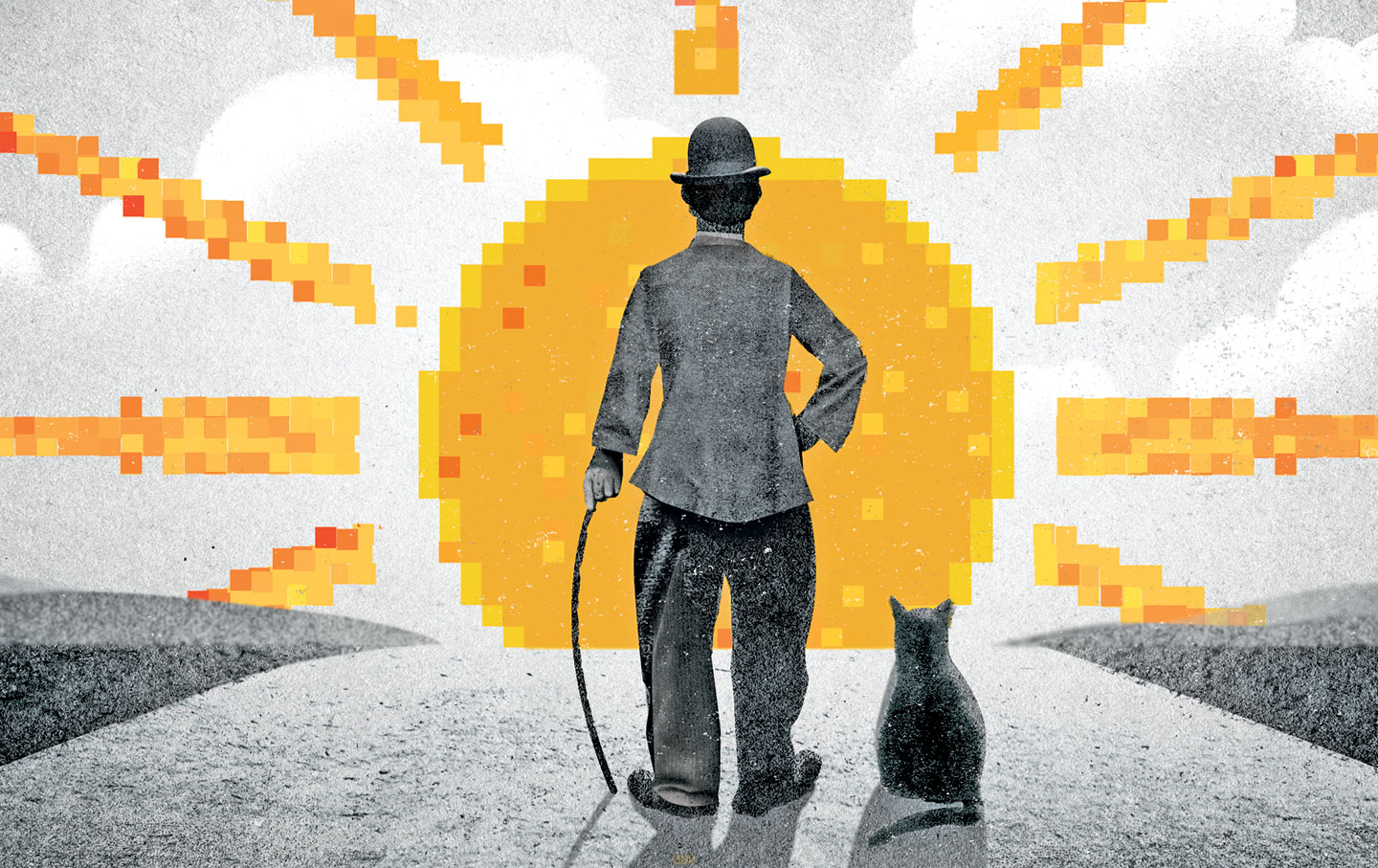
The Radical Future of Film The Radical Future of Film
A more convivial, expansive and life-affirming future is with us now—and the movies can help take us there.
Mar 23, 2015 / Books & the Arts / Stuart Klawans
The Plain Sense of Things The Plain Sense of Things
December 6, 1952 After the leaves have fallen, we return To a plain sense of things. It is as if We had come to an end of the imagination, Inanimate in an inert savoir. It is difficult even to choose the adjective For this blank cold, this sadness without cause. The great structure has become a minor house. No turban walks across the lessened floors. The greenhouse never so badly needed paint. The chimney is fifty years old and slants to one side. A fantastic effort has failed, a repetition In a repetitiousness of men and flies. Yet the absence of the imagination had Itself to be imagined. The great pond, The plain sense of it, without reflections, leaves, Mud, water like dirty glass, expressing silence Of a sort, silence of a rat come out to see, The great pond and its waste of the lilies, all this Had to be imagined as an inevitable knowledge, Required, as a necessity requires. This article is part of The Nation’s 150th Anniversary Special Issue. Download a free PDF of the issue, with articles by James Baldwin, Barbara Ehrenreich, Toni Morrison, Howard Zinn and many more, here. Wallace Stevens (1879–1955) published ten poems in The Nation between 1936 and 1952.
Mar 23, 2015 / Books & the Arts / Wallace Stevens
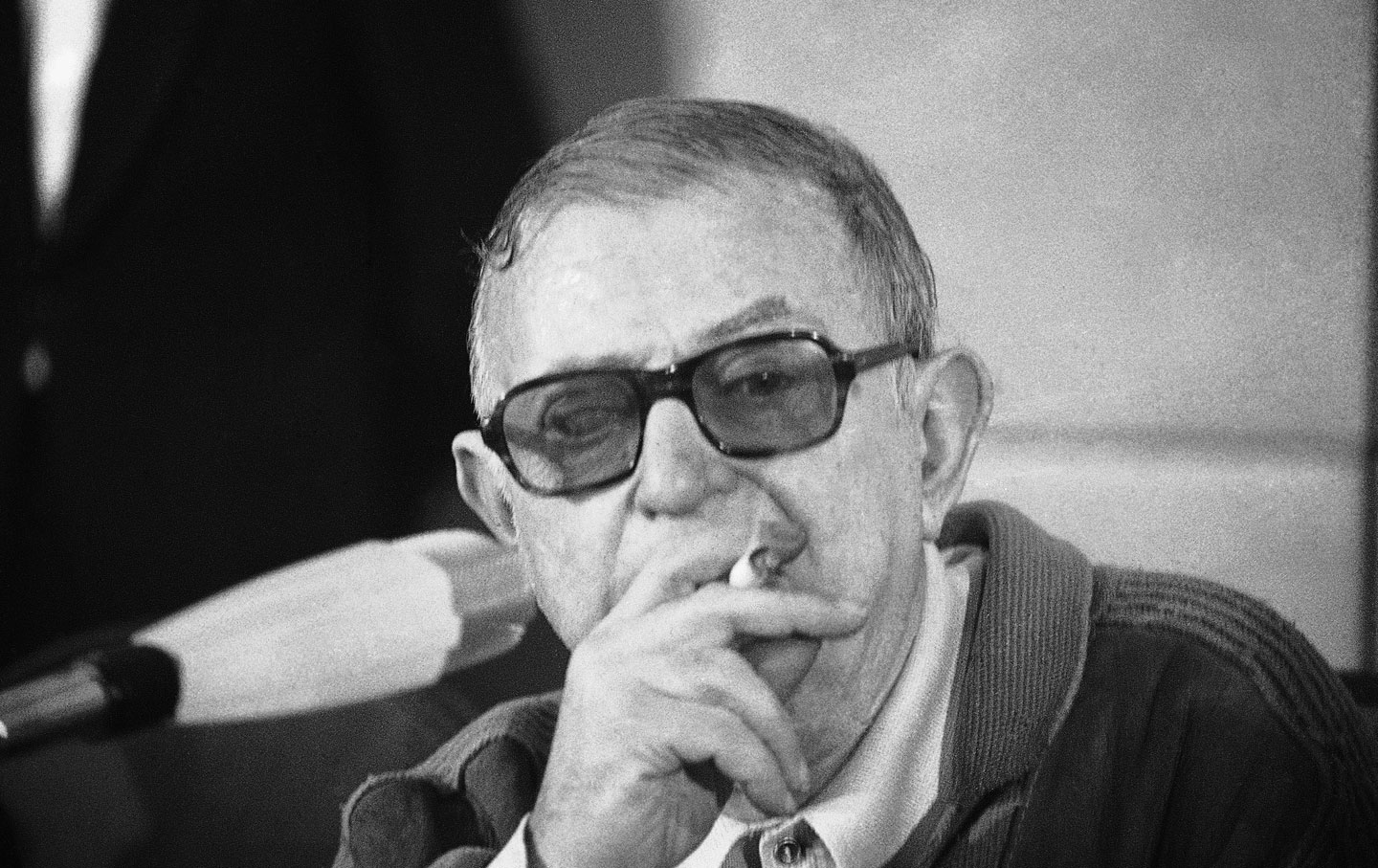
Americans and Their Myths Americans and Their Myths
The country suffers from an ambivalent anguish, everyone asking, “Am I American enough?” and at the same time, “How can I escape from Americanism?”
Mar 23, 2015 / Feature / Jean-Paul Sartre
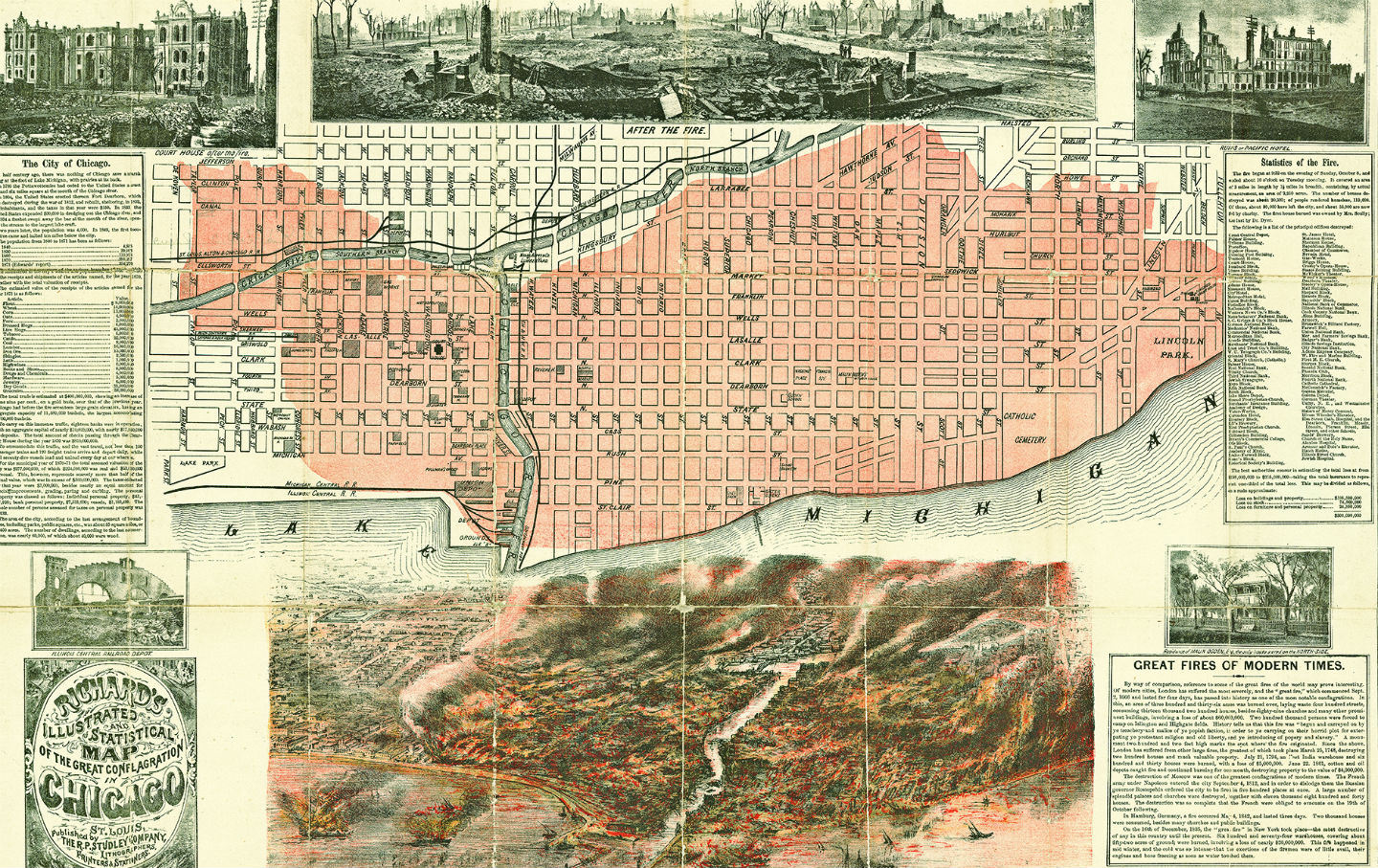
Frederick Law Olmsted Surveys a City Burned to the Ground Frederick Law Olmsted Surveys a City Burned to the Ground
Chicago's struggle to recover from the Great Fire is engaging the study of its best and most conservative minds.
Mar 23, 2015 / Books & the Arts / Frederick Law Olmsted
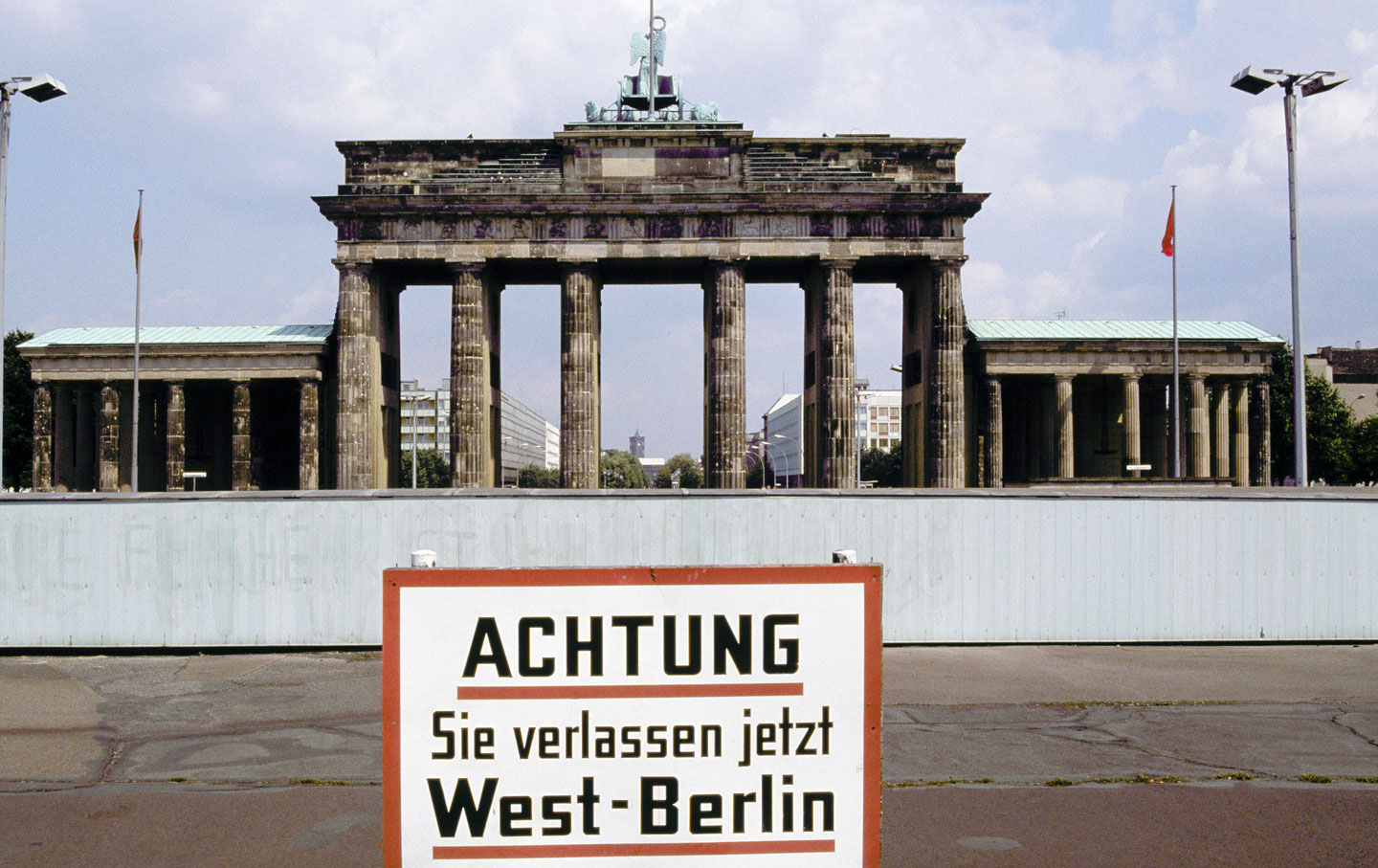
East, West—Is There a Third Way? East, West—Is There a Third Way?
The cold war has become a habit, an addiction, supported by very powerful material interests in each bloc.
Mar 23, 2015 / Books & the Arts / E.P. Thompson
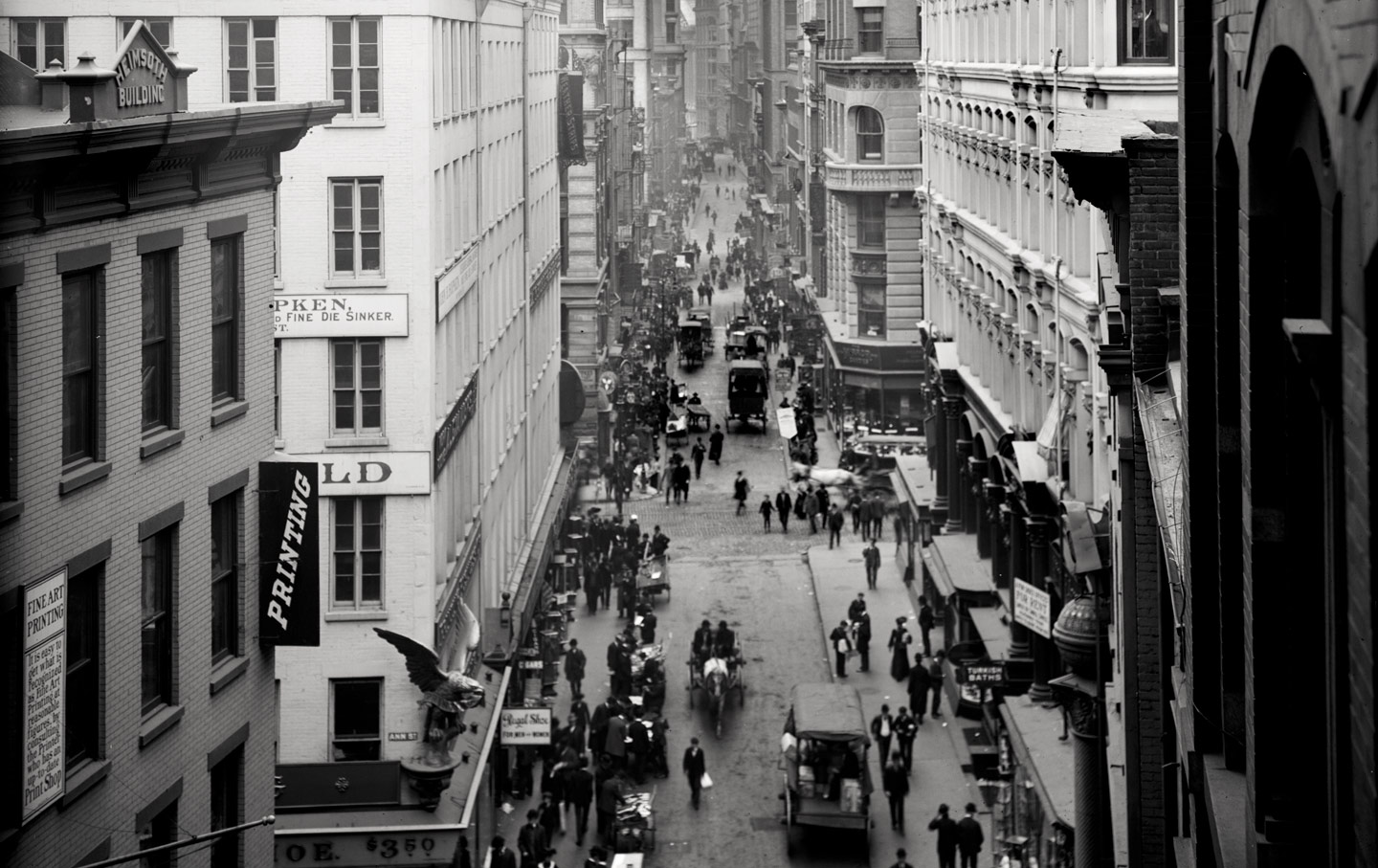
A Biography of ‘The Nation’: The First Fifty Years A Biography of ‘The Nation’: The First Fifty Years
Founded by abolitionists in 1865, The Nation became a moribund defender of the status quo. But its firm anti-imperialism brought it back to life.
Mar 23, 2015 / 150th Anniversary / D.D. Guttenplan
And We Love Life And We Love Life
And we love life if we find a way to it. We dance in between martyrs and raise a minaret for violet or palm trees. We love life if we find a way to it. And we steal from the silkworm a thread to build a sky and fence in this departure. We open the garden gate for the jasmine to step out on the streets as a beautiful day. We love life if we find a way to it. And we plant, where we settle, some fast growing plants, and harvest the dead. We play the flute like the color of the faraway, sketch over the dirt corridor a neigh. We write our names one stone at a time, O lightning brighten the night. We love life if we find a way to it… (translated from the Arabic by Fady Joudah) This article is part of The Nation’s 150th Anniversary Special Issue. Download a free PDF of the issue, with articles by James Baldwin, Barbara Ehrenreich, Toni Morrison, Howard Zinn and many more, here. Born in a Galilee village later destroyed by the Israeli army, Mahmoud Darwish lived for years in exile in Beirut and Paris before returning to Palestine in 1996. The most widely translated modern Arab poet, Darwish died in 2008.
Mar 23, 2015 / Books & the Arts / Mahmoud Darwish
